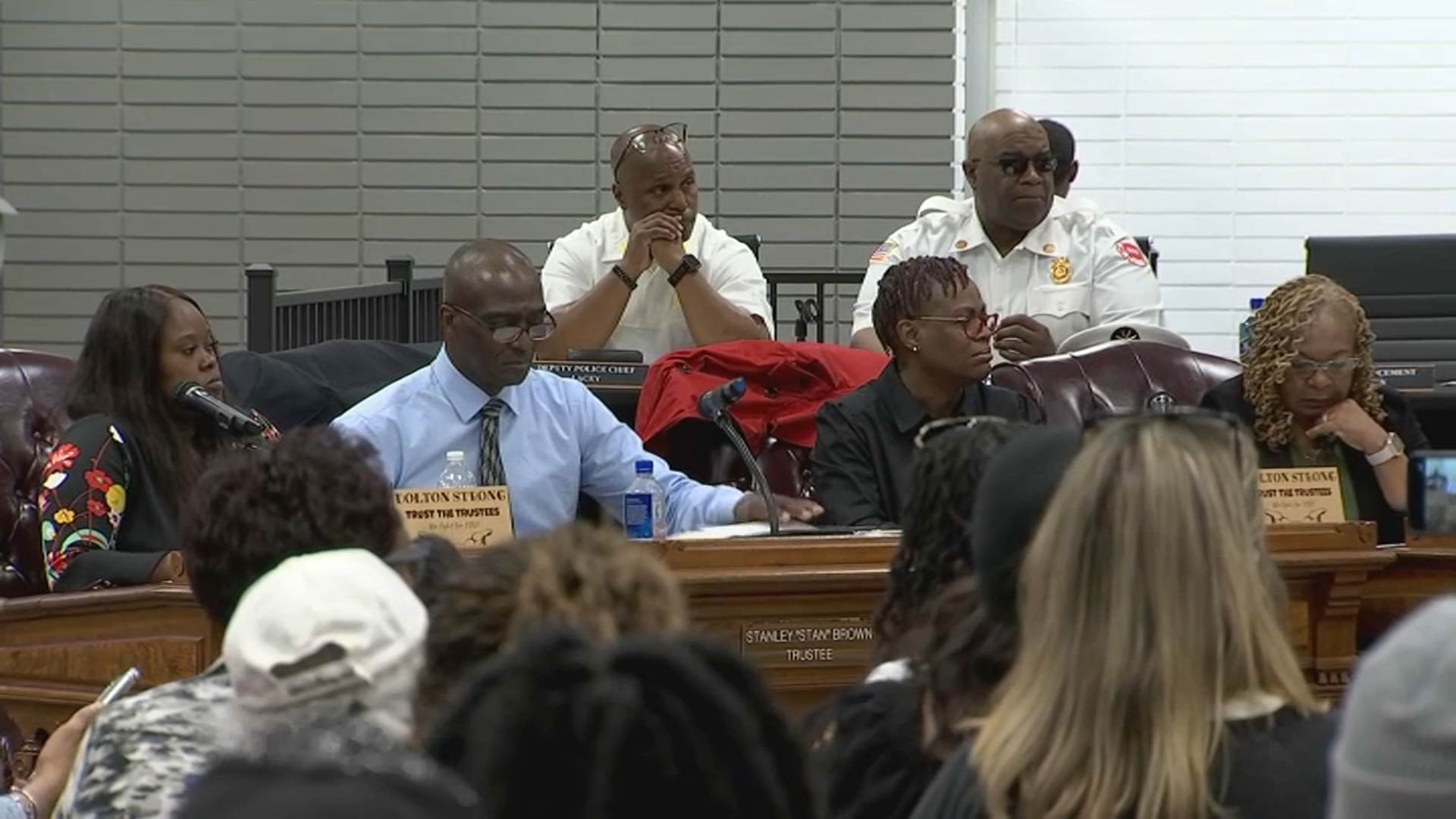During a press conference Wednesday afternoon, Illinois Gov. J.B. Pritzker deflected questions about why his cousin, billionaire Jennifer Pritzker, contributed a half million dollars to the group hoping to stop the Graduated Income Tax amendment on this year’s ballot.
The governor has donated $56 million of his own fortune for ads supporting the proposal to shift from the current flat tax to a progressive tax, which would allow the state to charge different tax rates depending on a person’s income.
“I don’t know if you have a cousin, and whether you agree with your cousin on everything, but let’s just be clear, the fair tax is about making the system fairer for the middle class,” the governor said.
Jennifer Pritzker says she donated to the Coalition to Stop the Proposed Tax Hike Amendment because “raising taxes is not a financial solution Illinoisans can afford to enact.”
There has been plenty of debate on both sides of the issue ahead of the November vote, with some small business owners speaking out against the measure.
“It is all about whether anybody should have the power to segment people based on their income and then charge them what they choose without having to worry about any conversation with the state residents,” small business owner Tony Duncan said.
Other advertisements running against the measure say it will allow the state to tax retirement income, something not currently allowed under the state’s taxing system.
Local
The governor insists the proposal does not open the door to taxing that income.
“I think we all know that people who are supporting the vote no campaign are essentially working against the middle class, working against people who can least afford to pay the taxes that people on the other side would like them to pay,” he said.
Those opposed to the graduated tax point out that the 32 states that currently have a similar progressive tax also tax retirement income.
“The fear that most people have, that they’re not going to be able to keep their jobs, or keep their homes, what’s about to happen, especially if you’re close to retirement age, is all the more reason to not start changing things in a way that leaves us more vulnerable,” Duncan said.
In May, the Illinois legislature passed a Constitutional amendment repealing the state’s flat tax system and enacted a bill allowing for a graduated in come tax. Voters will be asked to ratify that amendment in the Nov. 3 general election.
For single and joint filers earning less than $250,000 per year, the new tax structure would tax the first $10,000 of income at 4.75%, which is lower than the current 4.95% rate. Income between $10,001 and $100,000 would be taxed at 4.9%, then income between $100,001 and $250,000 would be taxed at the current rate of 4.95%.
The graduated tax rate would then allow income over $250,000 to be taxed at a higher rate than currently allowed.
If approved by voters, the new structure and rates will go into effect on Jan. 1, 2021.



